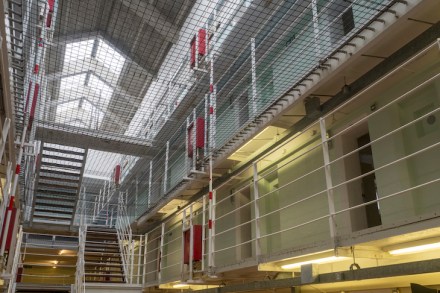No wonder Britain’s prisons are almost full
It’s finally happened. Our prisons are almost full. Last night the Times reported that ‘Lord Justice Edis, the senior presiding judge for England and Wales, has ordered that sentencing of convicted criminals who are currently on bail should be delayed from Monday’. Prisons in England and Wales are now unable to find cell space for every criminal that judges believe should be jailed. This means that next week people convicted of very serious crimes, including historic sex offences, may be found guilty then sent home on bail. Beyond the obvious public protection concerns this delay to justice will further traumatise victims, and reduce confidence in the whole system. Anyone could




















